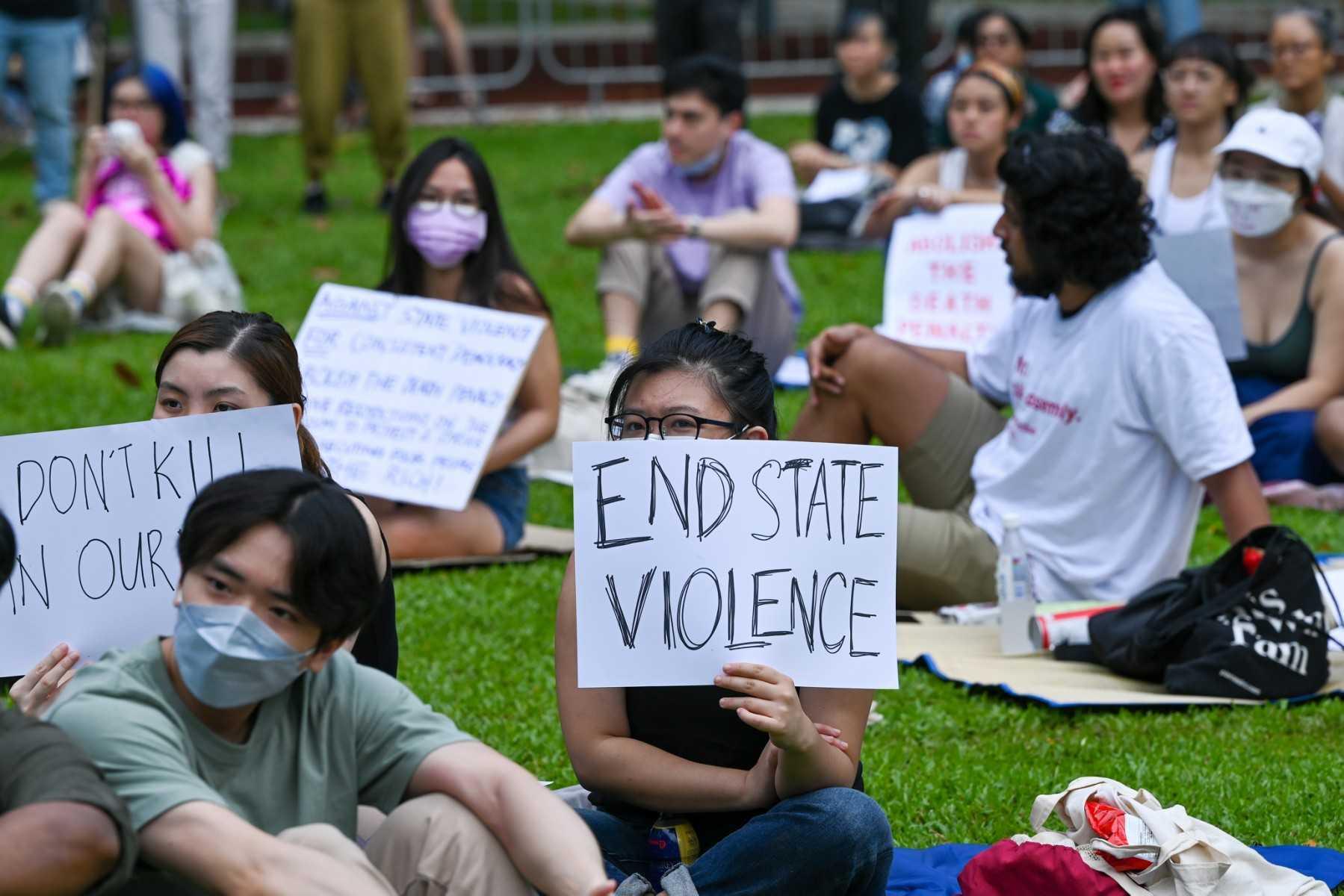Amnesty executions survey slams state 'killing sprees'
Nearly 40% of all known executions were for drug-related offences, including 11 in Singapore, the rights group says.
Just In
Recorded executions worldwide reached 883 last year, the highest level since 2017, according to an Amnesty International report published on Tuesday that decried the Middle East and North Africa in particular.
The 2022 figure for 20 countries known to have executed people is a 53% increase on the previous 12 months, the global rights monitor said.
It excludes the "thousands" of prisoners put to death secretively in China, but does count the "staggering" 81 people executed in a single day in Saudi Arabia, it added.
China was believed to have led the way in the grisly ranking, ahead of Iran (576 executions), Saudi Arabia (196 – its highest number in 30 years), Egypt (24) and the US (18).
The death penalty is also used extensively in North Korea and Vietnam but as with China, figures there remain "shrouded in secrecy", Amnesty said in the annual report.
Countries in the Middle East and North Africa were guilty of state-sanctioned "killing sprees" with executions notably surging in Saudi, Iran and Egypt, it said.
While official crackdowns on dissent were one factor in the rise, nearly 40% of all known executions were for drug-related offences, including 11 in Singapore, it added.
That violates international human rights law, which permits executions only for crimes that involve intentional killing, according to the campaign group.
"Importantly, it's often those from disadvantaged backgrounds that are disproportionately affected by this callous punishment," Amnesty International's secretary-general Agnes Callamard said.
"It's time for governments and the UN to up the pressure on those responsible for these blatant human rights violations and ensure international safeguards are put in place," she said.
However, Amnesty also found a "glimmer of hope" in six countries partially or fully abolishing the death penalty last year.
They were the Central African Republic, Equatorial Guinea, Kazakhstan, Papua New Guinea, Sierra Leone and Zambia.
"The brutal actions of countries such as Iran, Saudi Arabia as well as China, North Korea and Vietnam are now firmly in the minority," Callamard said.
"These countries should urgently catch up with the times, protect human rights, and execute justice rather than people."
Subscribe to our newsletter
To be updated with all the latest news and analyses daily.
